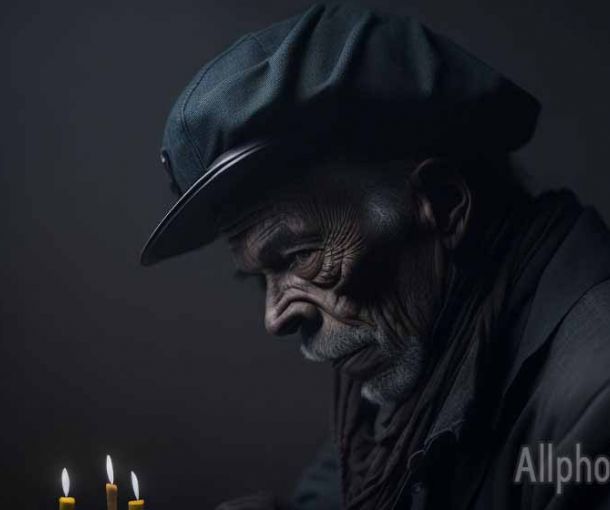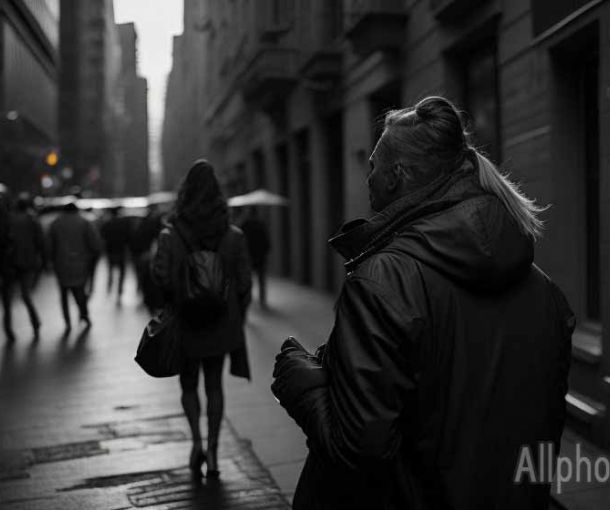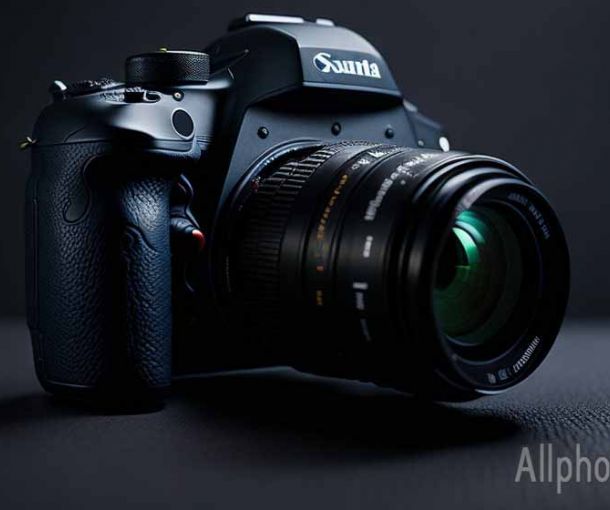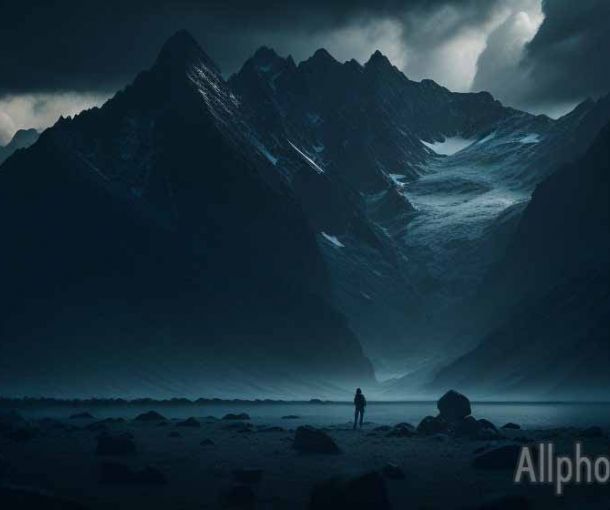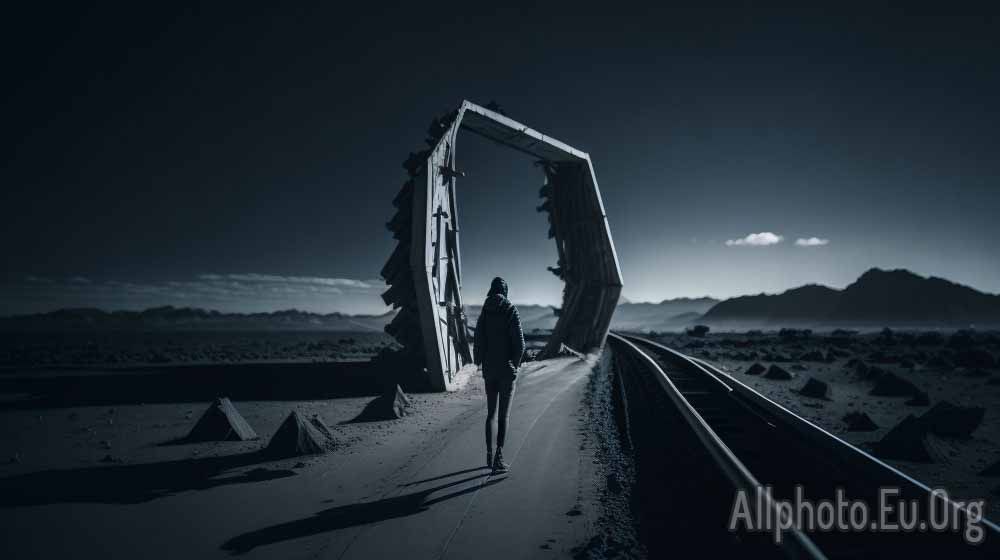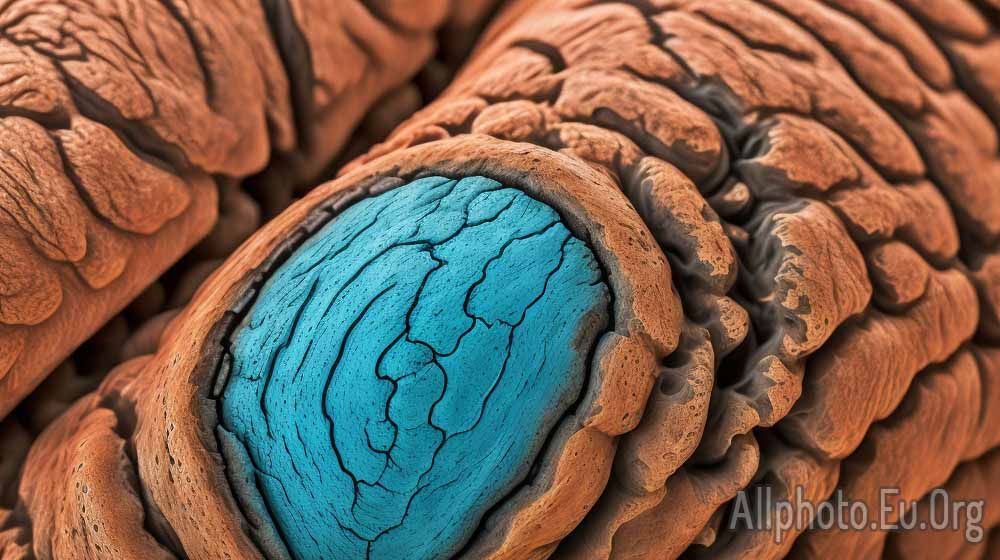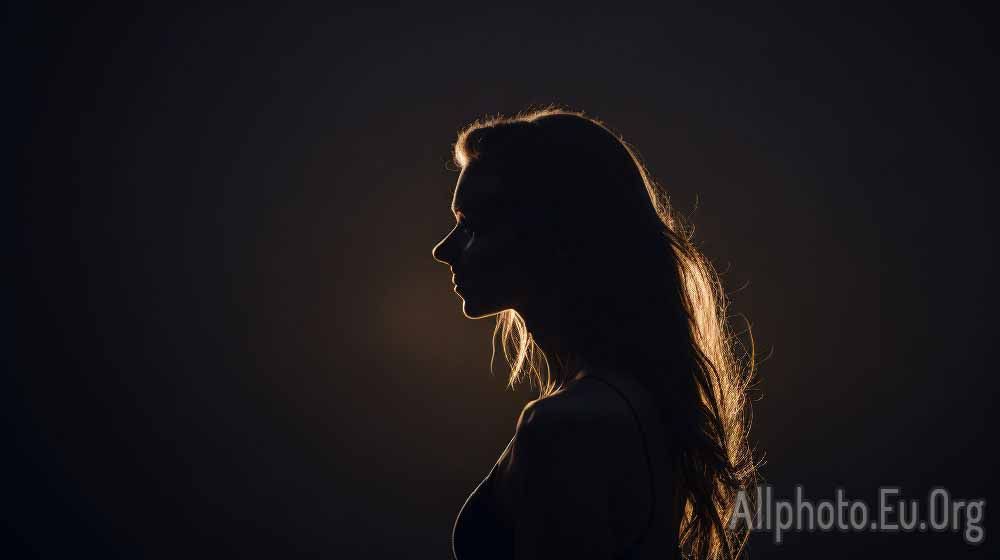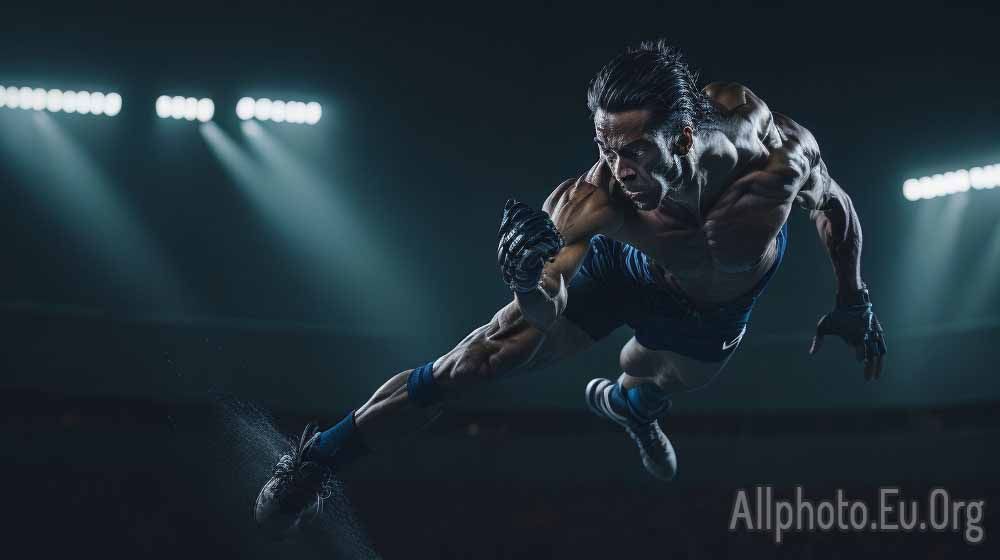The Art of Still Life Photography: How to Create Beautiful Tableau Shots
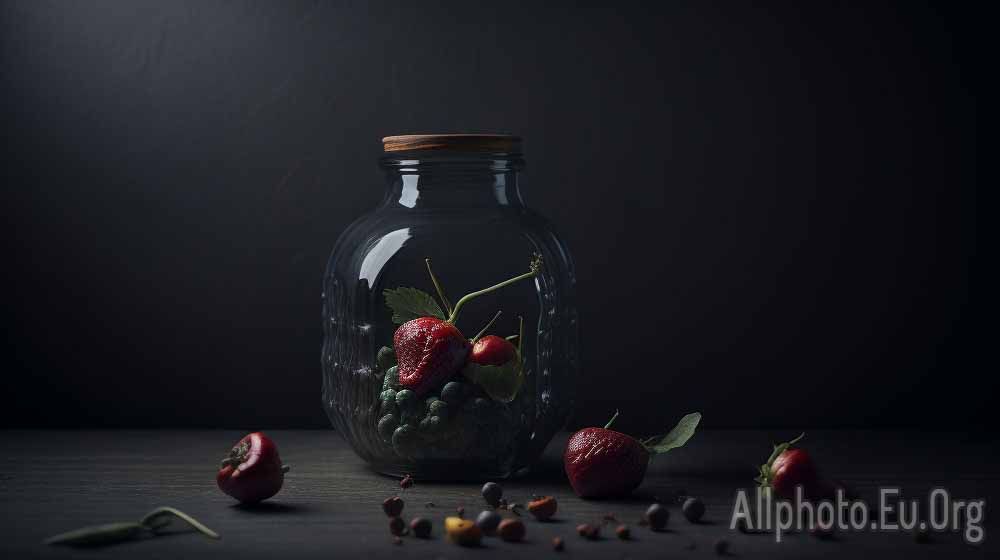
The art of still life photography is a beautiful and captivating genre of photography that focuses on capturing inanimate objects arranged in a visually pleasing manner. Still life photography allows photographers to create beautiful tableau shots, which can evoke a sense of calm, beauty, and intrigue.
Whether you are an aspiring photographer or a seasoned professional, there are a few tips and tricks you can use to create stunning still life photographs. In this article, we will explore the art of still life photography and provide you with some helpful tips on how to create beautiful tableau shots.
-
Choose your subjects carefully
The first step in creating a beautiful still life photograph is to choose your subjects carefully. Still life photography can be done with just about any object, but it’s important to choose objects that work well together and have interesting shapes, colors, and textures.
Some popular still life subjects include flowers, fruit, books, antique objects, and everyday objects like coffee mugs or pencils. When selecting your subjects, consider their size, shape, color, and texture, and how they will look when arranged together.
-
Consider the lighting
Lighting is one of the most important elements in still life photography. The right lighting can make all the difference in creating a beautiful tableau shot. Natural light is the best option for still life photography, but if natural light is not available, you can use artificial light sources like lamps or studio lights.
When using natural light, try to shoot during the golden hour (the hour after sunrise or before sunset) when the light is soft and warm. If shooting indoors, place your subject near a window to take advantage of the natural light.
If you are using artificial light sources, experiment with different angles and positions to create interesting shadows and highlights. Softboxes and diffusers can also be used to create a softer, more natural-looking light.
-
Choose the right background
The background is an important element in still life photography. It can set the mood and tone of the photograph and help to showcase your subjects. When selecting a background, consider the color, texture, and pattern.
A neutral-colored background like white or gray is a good choice as it will not distract from your subjects. Textured backgrounds like wood or fabric can also add interest and depth to your photographs.
-
Experiment with composition
Composition is the arrangement of elements in a photograph. In still life photography, composition is particularly important as it can help to create a sense of balance, harmony, and movement.
When composing your still life photograph, consider the rule of thirds. This rule suggests that you divide your image into thirds horizontally and vertically, and place your subjects at the intersection points. This will create a more visually pleasing composition.
You can also experiment with different angles and perspectives. Try shooting from above or below to create interesting and unique compositions.
-
Pay attention to details
Still life photography is all about the details. Paying attention to small details like the placement of objects, the angle of the light, and the position of the camera can make all the difference in creating a beautiful tableau shot.
Before taking your photograph, take a few minutes to arrange your subjects and experiment with different compositions. Pay attention to the smallest details and make adjustments as needed.
-
Use props to enhance the scene
Props can be used to enhance the scene and add interest to your still life photographs. Props can include items like fabric, books, flowers, or other objects that complement your main subjects.
When using props, be sure to choose items that work well together and do not overpower your main subjects. Props can be used to create depth, texture, and interest in your photographs.
-
Play with depth of field
Depth of field refers to the amount of the photograph that is in focus. In still life photography, playing with depth of field can create a sense of depth and dimensionality.
Using a wide aperture (small f-stop number) can create a shallow depth of field, blurring the background and drawing attention to your main subjects. Alternatively, using a smaller aperture (large f-stop number) can create a deeper depth of field, keeping more of the photograph in focus.
Experiment with different aperture settings to see how they affect the look and feel of your still life photographs.
-
Edit your photographs
Editing is an important part of the still life photography process. Editing can help to enhance the colors, contrast, and overall look of your photographs.
When editing your still life photographs, be sure to make adjustments that complement the mood and tone of your photograph. You can use editing tools like brightness and contrast, saturation, and color balance to enhance the colors and contrast in your photograph.
Additionally, cropping and straightening can also be used to create a more visually pleasing composition.
-
Practice and patience
Like any other form of photography, still life photography takes practice and patience. Take your time to experiment with different techniques, settings, and compositions. Learn from your mistakes and keep practicing until you achieve the desired results.
With patience and practice, you can develop your own unique style and create beautiful still life photographs that capture the essence of your subjects.
In conclusion, still life photography is a beautiful and captivating genre of photography that allows photographers to create stunning tableau shots. By choosing your subjects carefully, considering the lighting, selecting the right background, experimenting with composition, paying attention to details, using props, playing with depth of field, and editing your photographs, you can create still life photographs that capture the beauty and essence of your subjects. With practice and patience, you can master the art of still life photography and create photographs that are both beautiful and captivating.
In summary, still life photography is a captivating genre that allows photographers to create beautiful tableau shots. To create stunning still life photographs, choose your subjects carefully, consider lighting, select the right background, experiment with composition, pay attention to details, use props, play with depth of field, edit your photographs, and practice patience.
Tags
Latest Articles
Most Read
All Tags
Subscribe
Donate
Please consider supporting our efforts.
© 2023 All-Photo.Cf All rights reserved.
